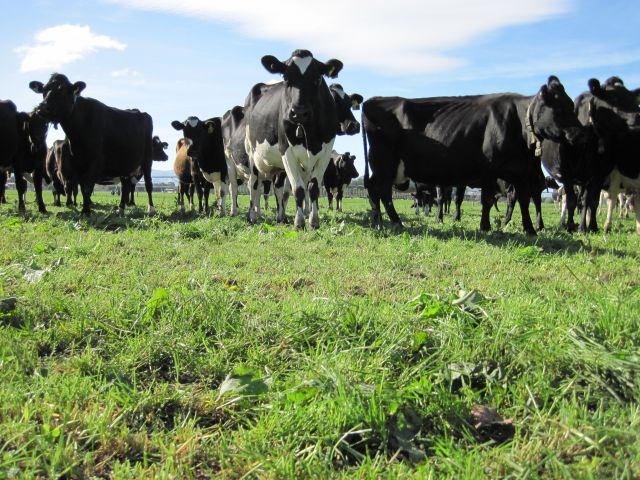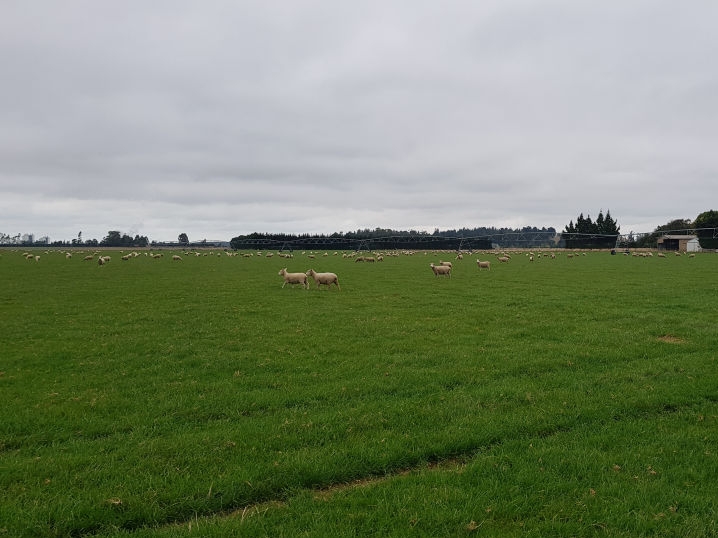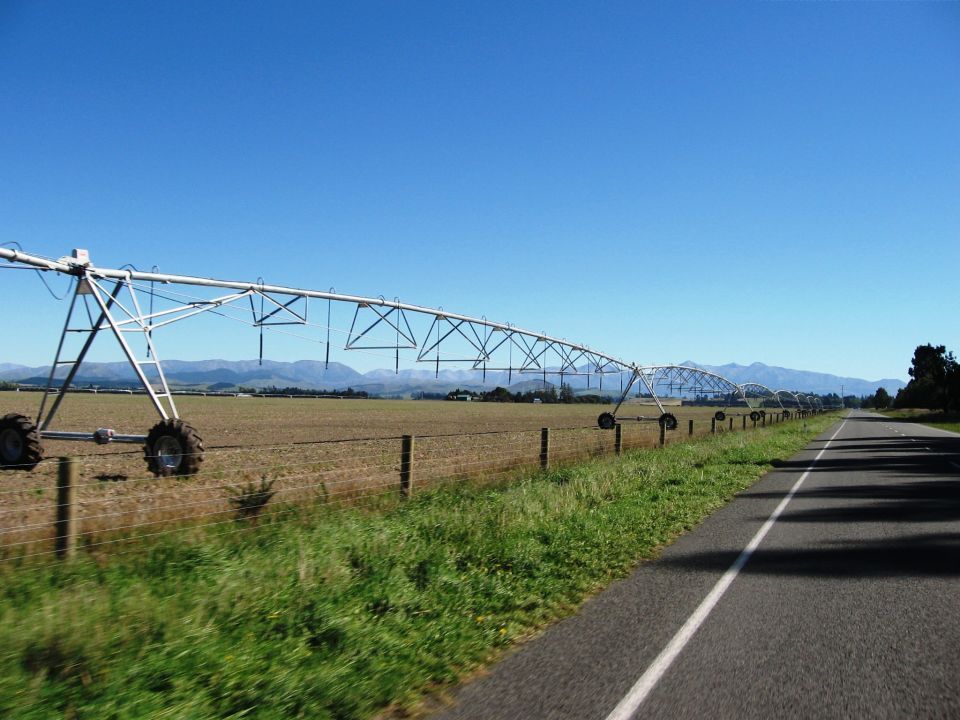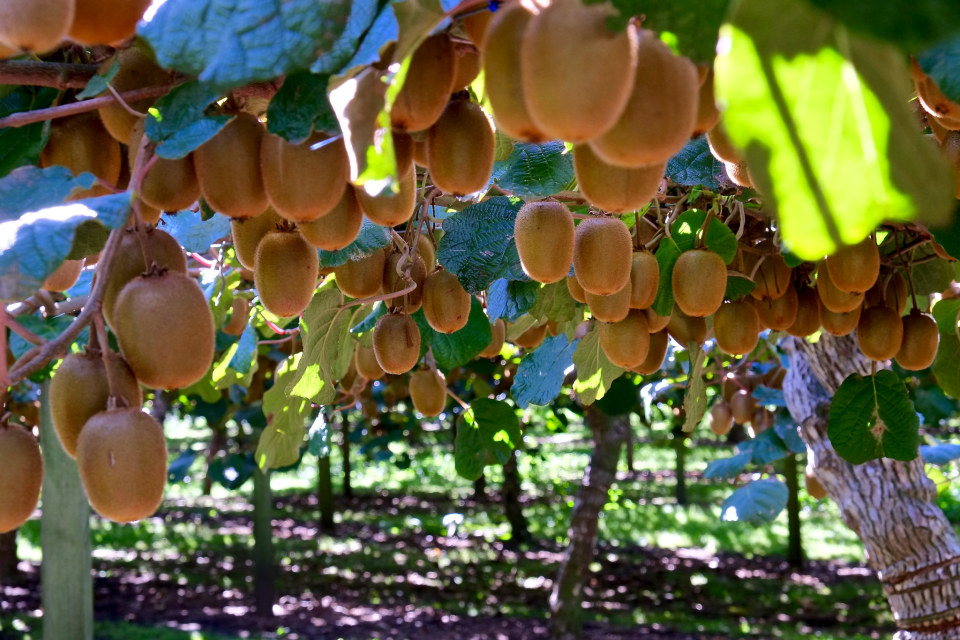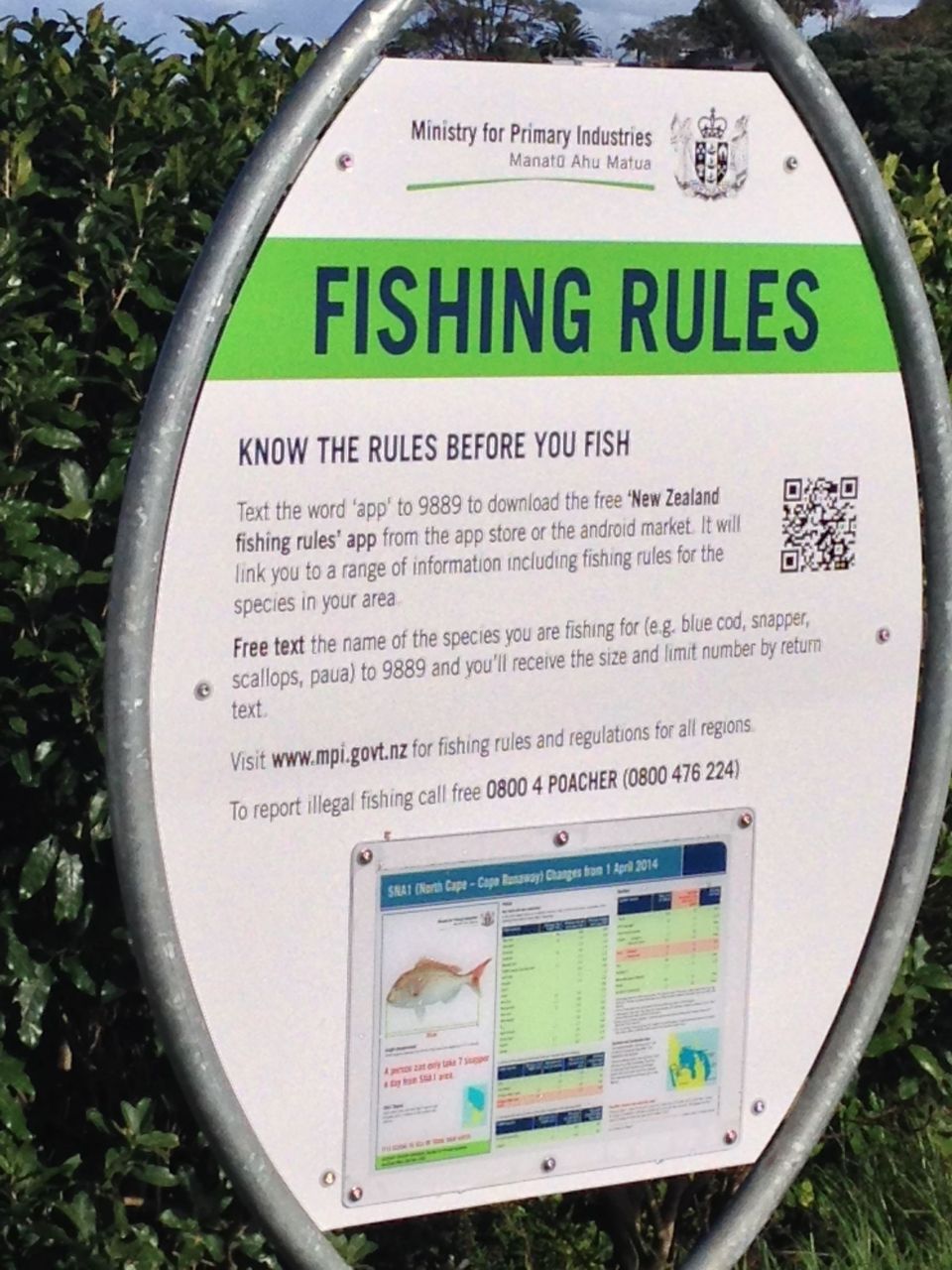Primary industries of importance to New Zealand include:
- Agriculture – Dairy and Meat & Wool
- Forestry
- Horticulture – including pipfruit
- Seafood – including aquaculture and fishing.
People rely on primary industries. These industries are affected by some of the world's most pressing problems, such as:
- biosecurity risks
- animal welfare
- food safety
- the effects of climate change.
People working in primary industries help feed, shelter, and clothe the world.
Primary Industries have always been important to New Zealand. New Zealand's primary industries generate over $36 billion a year in exports.
Agriculture
Agriculture is successful in New Zealand because most animals are grass fed. New Zealand farmers are also highly skilled and innovative.
Forestry
In New Zealand most forestry production and exports come from privately-owned exotic forests. These forests are planted for harvesting. Radiata pine is the main form of forestry in New Zealand.
Most of New Zealand’s native forests are protected and have been set aside for conservation.
Horticulture
The major commercial fruits grown in New Zealand are apples, kiwifruit, grapes, pears, and avocados. There are also over 25 varieties of fresh and processed vegetables exported to 76 countries.
New Zealand also produces over 19,000 tonnes of honey from more than 576,000 hives.
New Zealand horticulture is successful because of:
- scientific advances
- skilled people
- innovative use of technology.
Seafood
New Zealand has one of the largest Exclusive Economic Zones in the world. This zone was established in 1977, allowing commercial fishing to develop as an export industry. New Zealand fisheries are managed by a quota management system. This system sets limits on fish catches and allows the trading of quota.
Ministry for Primary Industries 
The Ministry for Primary Industries MPI manages and regulates our primary industries. They also manage three systems that are important to this sector. These are:
- Biosecurity.
- Animal welfare.
- Food safety.
MPI does not manage non-renewable natural resources such as coal, oil, gas and minerals. These resources are managed by a different government agency (New Zealand Petroleum and Minerals).
Ready for a quiz? Try the "New Zealand Primary Industries" interactive activity.

